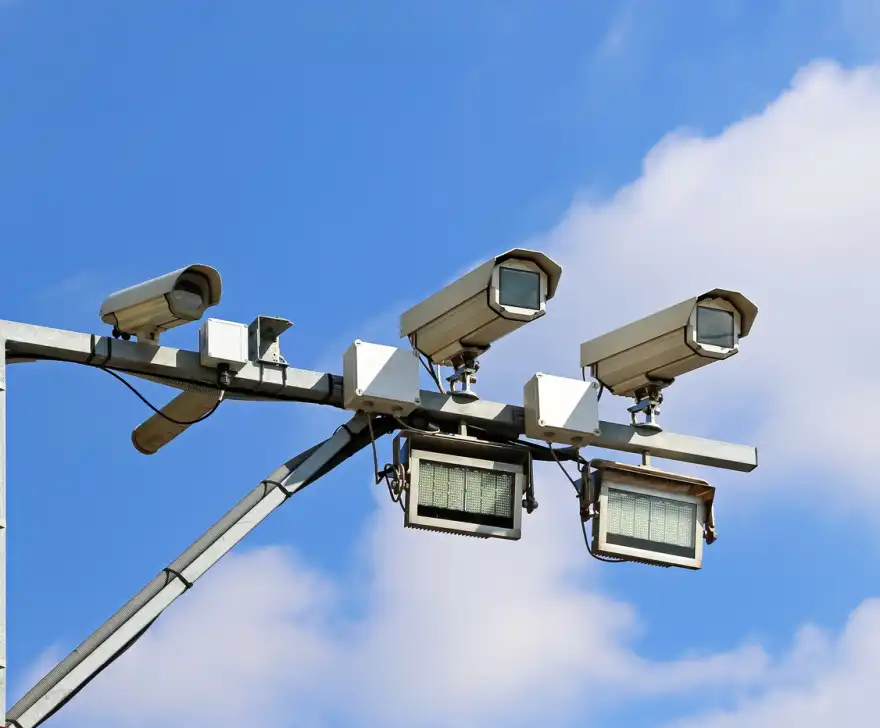
Artificial intelligence might become the latest tool to tackle drunk and drugged driving, thanks to a groundbreaking trial of tech that could help police catch offenders in real-time.
The system uses mobile AI cameras similar to those already used to spot drivers on their phones or without seatbelts. But this time, the tech is focused on analysing image data from passing cars to flag drivers who might be impaired. If the AI detects something suspicious, it alerts police stationed further down the road to stop the vehicle immediately.
Police already have the power to pull over any car and can require drivers to take roadside tests for drugs or alcohol if they suspect impairment.
This world-first trial is being run by Devon & Cornwall Police throughout December, as part of the Vision Zero South West road safety campaign, which aims to reduce deaths and injuries on local roads.
“We have an expansive road network of nearly 14,000 miles in Devon and Cornwall, meaning our officers cannot be everywhere,” said Superintendent Simon Jenkinson of the Roads Policing Team. “Camera technology helps us to target operational resources in an effective way, where intelligence informs our deployment.
“We will be deploying the cameras at various locations throughout the region in December and working closely with Acusensus to make sure this system is as accurate and effective as possible.”
The cameras, developed by Australian company Acusensus, are being tested at various locations across the region. The company’s founder was inspired to create the technology after a close friend was killed in a crash caused by a driver using their phone.
Geoff Collins, Acusensus’s UK general manager, explained that the AI isn’t making final decisions about impairment but is designed to mimic the instincts of experienced traffic officers.
“A policeman at the side of the road, if they’ve worked road traffic for long enough, will probably watch a vehicle drive by and think ‘I’m not happy with that one’, Collins said.
“It'll be all kinds of things about how they're driving, the style of their driving, things that we’re noticing, and we're trying to replicate the policeman’s nose.
“I would be in the queue to say you shouldn‘t have all of these things monitored everywhere, all of the time, because that is overly controlling. But I don’t think there’s any harm in the perception that you could be monitored,” he continued.
“If people say ‘it’s big brother’ and ‘we should be able to make our own decisions’, I strongly disagree when it comes to two tons of metal and when my kids might be in the car coming in the other direction. There are rules of the road, and there’s a responsibility that comes with a car.”
Collins also addressed concerns that relying too much on cameras might lead to worsening road behavior as fewer police patrols are out in person.
“There’s a lot of camera technology across the UK which is used to identify speeding, and speeding is widely understood to be a significant contributory factor towards casualties," he said.
“But it could be argued that disproportionately an awful lot of the effort goes into that one factor, when we talk about five fatal driving behaviours,” he added, pointing out that speeding, not wearing seatbelts, mobile phone use, drink and drugs and careless/inconsiderate driving are all major contributors to the toll on British roads.
“Every single roads policing officer I’ve ever spoken to would like there to be a larger, more capable and involved road policing operation, but it’s not their decision to cut back the number of roads policing officers on the network.
“Yet the numbers of these specialist officers are being cut, and this is a pragmatic approach to maximise the capacity forces do have when they’ve only a handful of traffic officers who can’t do everything and be everywhere.”
What do you think? Are AI cameras the way forward, or do they raise concerns about privacy and over-surveillance? Share your thoughts in the comments!


